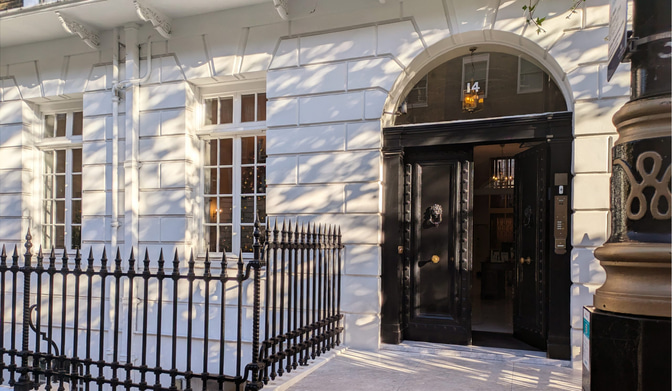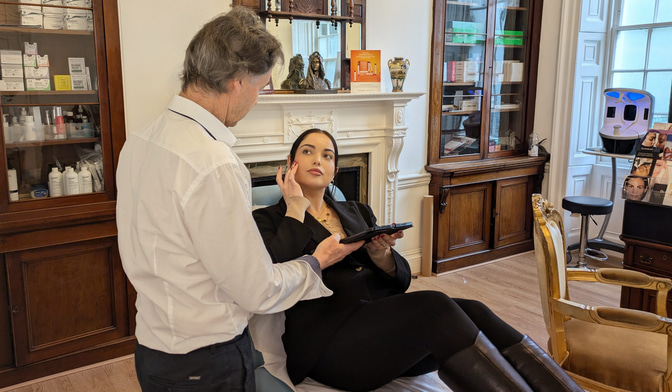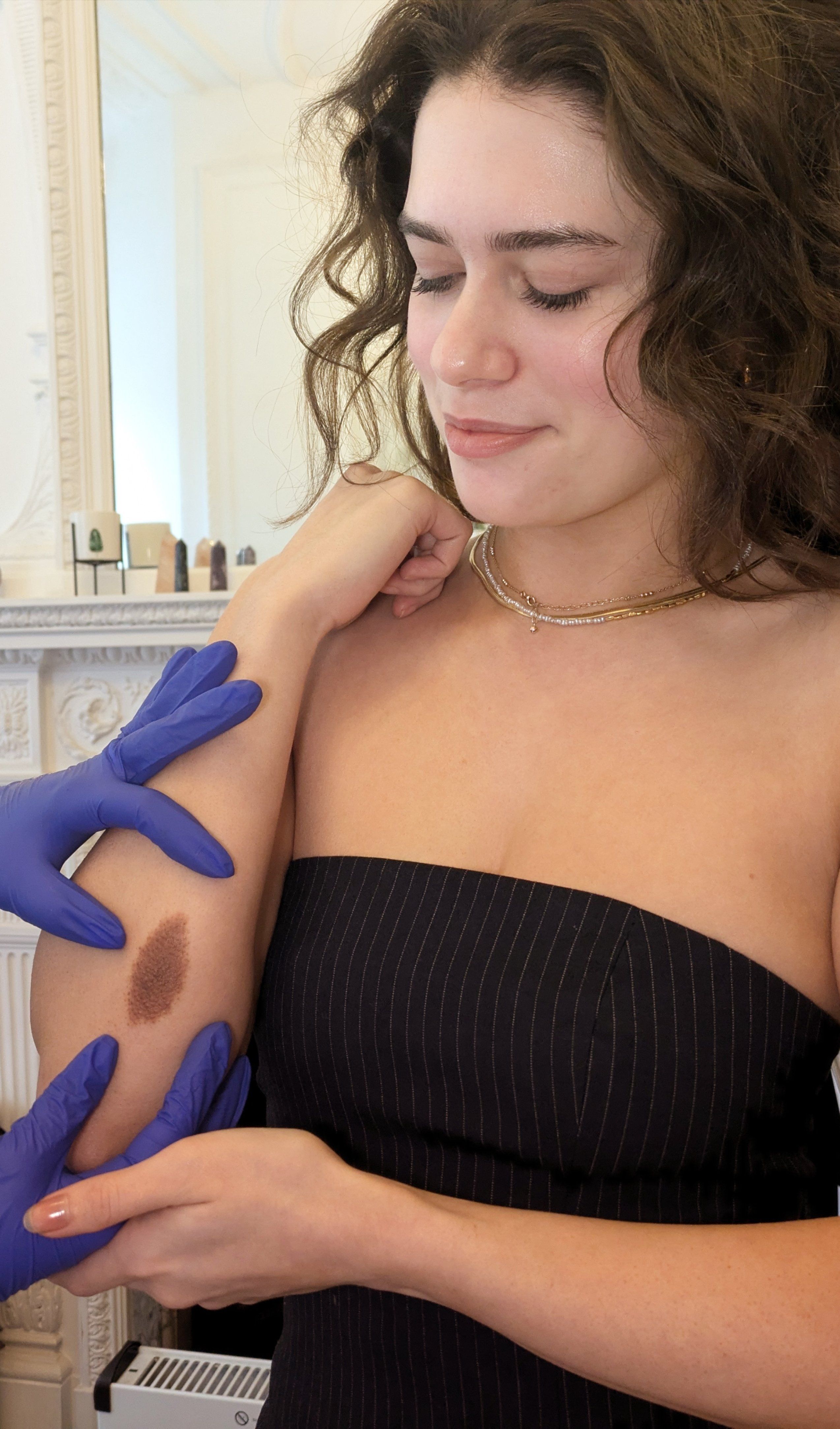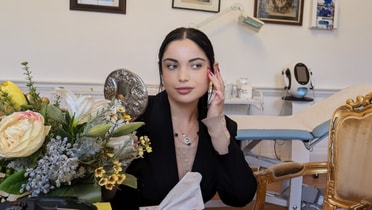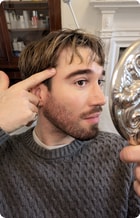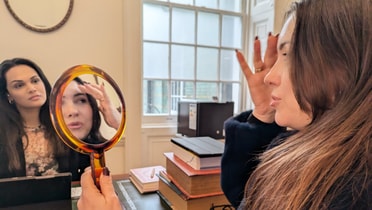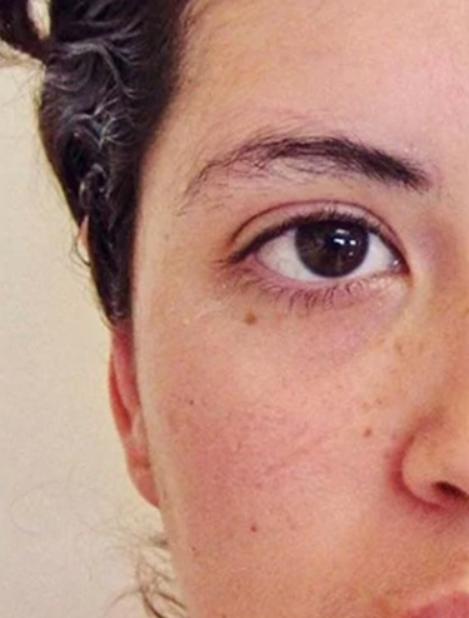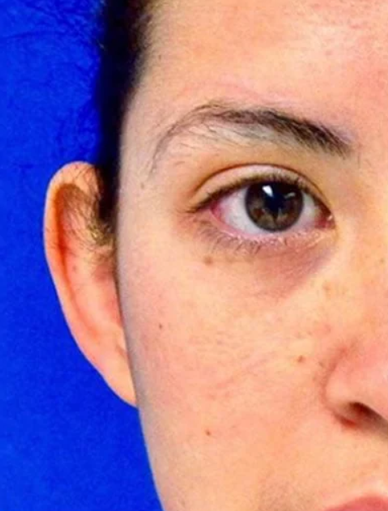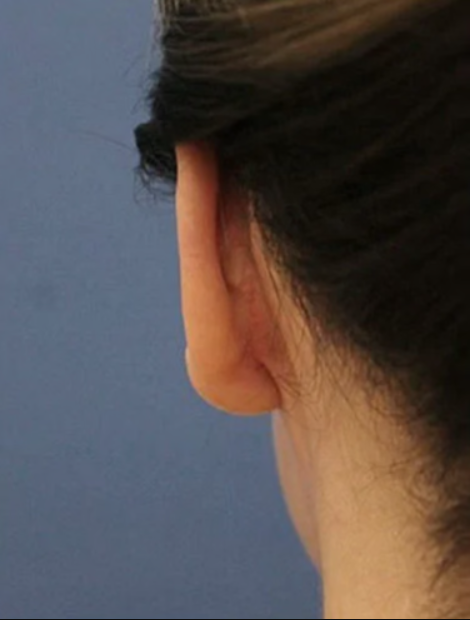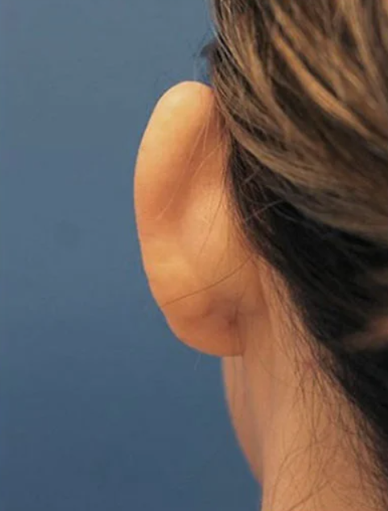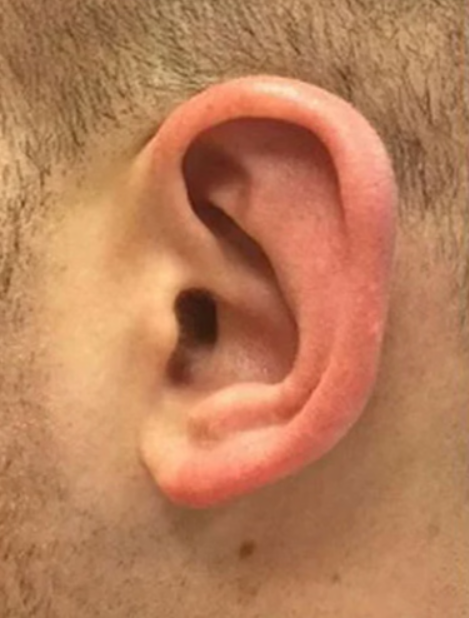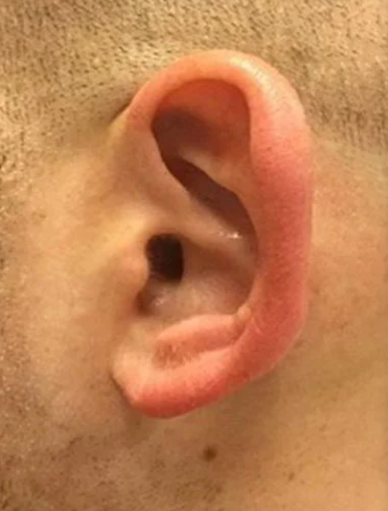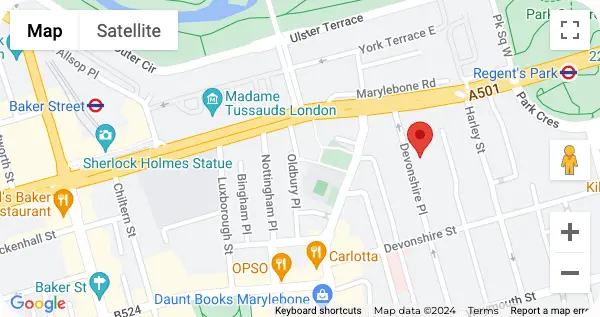How much does a Otoplasty cost?
At Harley Street Skin Clinic, we provide expert otoplasty (pinnaplasty) for clients who wish to improve the shape and size and shape of their ears. All our medical clinic equipment is cutting edge and we follow only the best, safest health and safety standards.
Our private clinic has been created with comfort and confidentiality to provide an ideal environment for your pre-surgical consultation, through to post-operative recovery. We also offer a complete aftercare package and you are never on your own after a surgery.
Our otoplasty cost is as below:
Both Ears:
- General Anaesthetic – £6,000*
- Local Anaesthetic – £5,000*
Single Ear:
- General Anaesthetic – £4,250*
- Local Anaesthetic – £3,750*
*These are estimated prices which include theatre, nursing and sedation.
Although some clinics in other areas of England may provide otoplasty for a much lower price, the quality of surgical experience and overall medical support will be inferior to what our surgeon’s have to offer. All procedures are carried out by experienced, GMC-registered surgeons.
When you choose Harley Street, you have the confidence of knowing you are selecting a tried and trusted cosmetic clinic, where teams work with you in a safe and supportive environment to achieve outstanding results.




